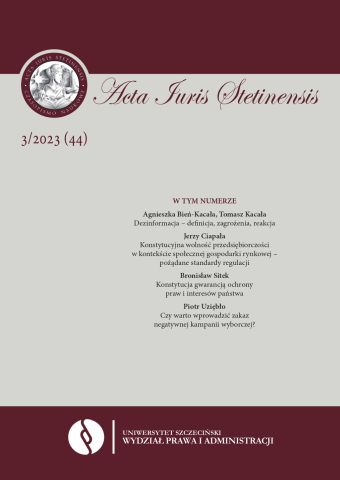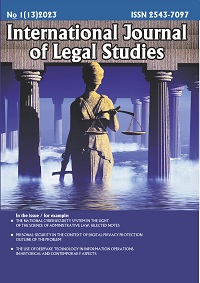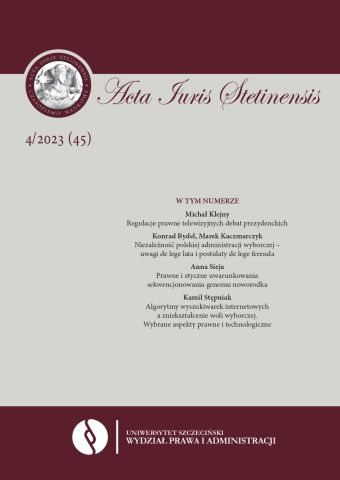Author(s): Marta Sjeničić / Language(s): Serbian
Issue: 3 (1)/2023
A disease that occurs in a small number of people, at most one in 2000 people, is considered a rare disease. Unlike cardiovascular diseases, diabetes or cancer, which take the most human lives in modern society, rare diseases were, until recently, completely invisible and neglected precisely because of the small number of patients suffering from a single rare disease. Nevertheless, taken together, they represent a significant phenomenon in medical, financial and social terms. In addition to the Law on the Prevention and Diagnosis of Genetic Diseases, Genetically Conditioned Anomalies and Rare Diseases from 2015, the regulations of the Republic of Serbia recognize rare diseases in the Law on Health Care and the Law on Health Insurance, and in 2014 the Decision on opening the Budget Fund for treatment of diseases, conditions or injuries that cannot be successfully treated in the RS, was adopted. The program for rare diseases in the RS, as a strategic document, was adopted in Serbia for the first time in 2020, for a two years period. The program sets one general and two specific goals (diagnosis/prevention and treatment), which are elaborated through a series of measures and indicators of their realization. Some measures have been implemented, while others are still awaiting implementation. The RS Ministry of Health has taken steps to develop a new program/strategy for rare diseases. The Registry for Rare Diseases was established at the Institute of Public Health of the RS, and the Centers for Rare Diseases in some institutions of the tertiary level of health care. Over time, the availability of drugs and medical devices for rare diseases is increasing. Diagnostics and screenings for rare diseases represent a big challenge, as well as the availability of off-label drugs for the purpose of treating of rare diseases.
More...



